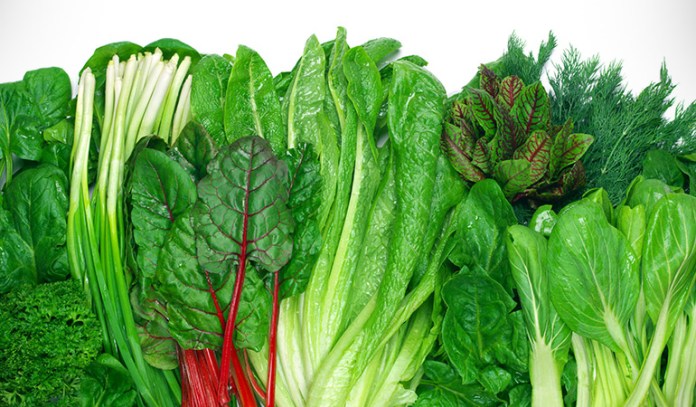Like most medications, birth control pills can also have side effects. While this may be a wonder drug for many women, it may also have some serious negative effects on health. One such effect is its impact on the gut health.
Your gut health is important for the normal functioning of the body, especially for digestion. However, birth control pills can affect your gut, leading to more severe health conditions.
Birth Control Pills And Gut Health

Studies have shown that medications like antibiotics can impact the gut health and cause an imbalance of the good bacteria and the bad.1 The bacteria helps in absorption of essential nutrients and better digestion. Much the same way, the birth control pills can create an imbalance in the bacteria present in the intestine and hamper metabolism.2
These pills also affect the insulin sensitivity in healthy women. There are changes in glucose, lipid, and protein metabolism and therefore, the dosage of both estrogen and progestins should be reduced as much as possible.3 The pill can also make you more susceptible to inflammatory diseases like Crohn’s disease. Another side effect of oral contraceptives is ulcerative colitis. This is particularly experienced by those women with a history of smoking.4
Apart from these effects, there is also a possibility of feeling low or depressed. This is because 95 percent of the feel-good hormone, serotonin, is produced in the gut.5 Therefore, any imbalance in the gut is going to impact the serotonin levels, causing mood changes.
The exact reason for these side effects is not known. However, many researchers claim that a weak immune system and an imbalance in gut bacteria may be the causes.
A lot of women avoid birth control pills because of these side effects. However, they may experience a condition called post-birth control syndrome (PBCS). This occurs four to six months after discontinuing the pill. These can cause menstrual irregularities, hormonal imbalances, and other symptoms. However, you can beat this condition by eating the right foods and living a healthy lifestyle.
4 Ways You Can Beat Post-Birth Control Syndrome
1. Avoid Added Sugars

After discontinuing the birth control pills, it is important to keep a check on the food you consume. It is best to avoid anything that is processed and that contains added sugars. Added sugars and processed foods can lead to inflammation that may result in other health conditions and can also lead to unnecessary weight gain.
2. Keep Your Stress Levels Low

It is important to keep your stress levels low because it can aggravate inflammatory diseases like irritable bowel syndrome (IBS).6 Therefore, if you are stressed at work or even at home, take measures to de-stress. Try practicing yoga or spending time with friends and family. Sometimes, a walk or even a body massage can help relieve stress.
3. Get Good, Uninterrupted Sleep

It is important for you to get at least eight hours of sleep every night. Sleeping during the day does not count because daytime sleeping cannot replace your sleep at night. A disturbed sleep can aggravate inflammatory conditions and can also impact your immune system.7
4. Choose Anti-Inflammatory Foods

To avoid aggravating an existing inflammation in your body, it is important to choose anti-inflammatory food sources, too. Eating fish rich in omega-3 fatty acids is a good start. Fruits and vegetables are also good to include in your diet. Some spices like garlic, ginger, and turmeric can also be added to enhance the flavor and can also improve inflammation as they possess anti-inflammatory properties.
Apart from these, it is also recommended to avoid gluten, dairy, or soy and their products. Excluding these from your diet may help reduce inflammation and can aid in weight loss. Living with PBCS can be difficult, but it can be made easy by eating and living healthy.
References





